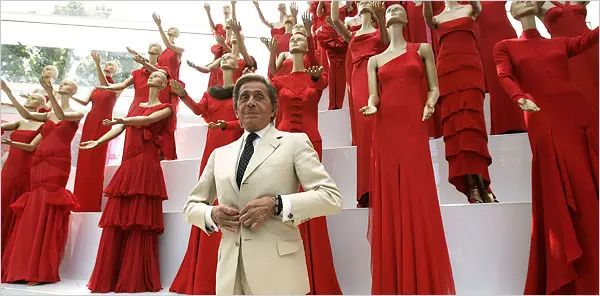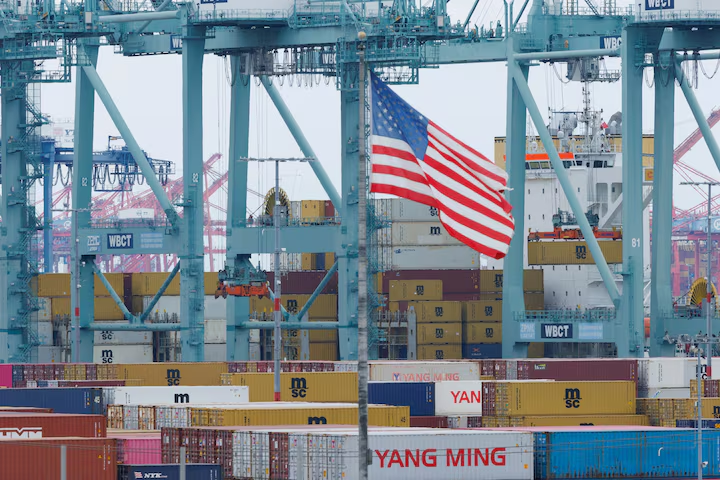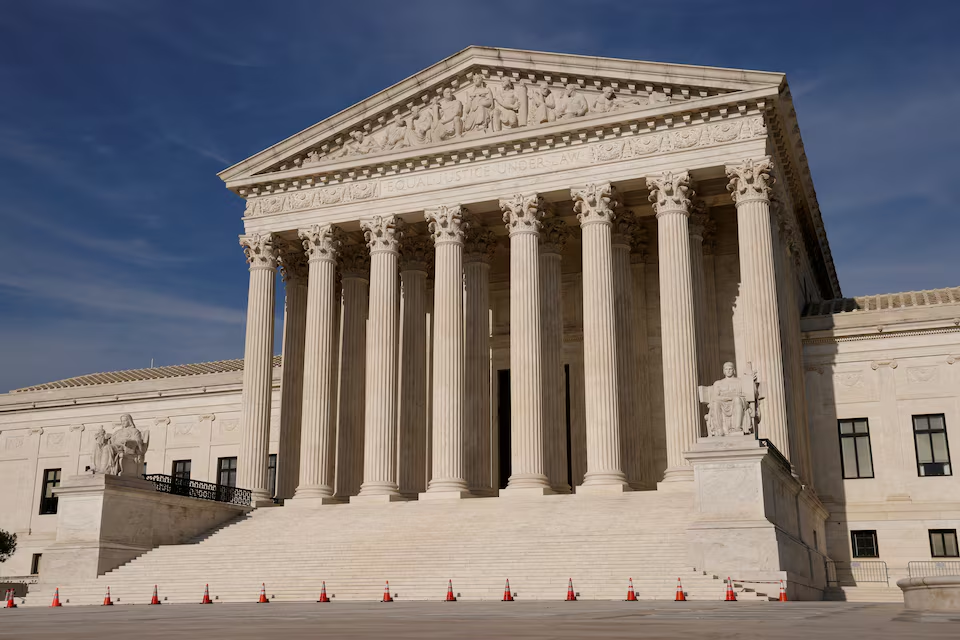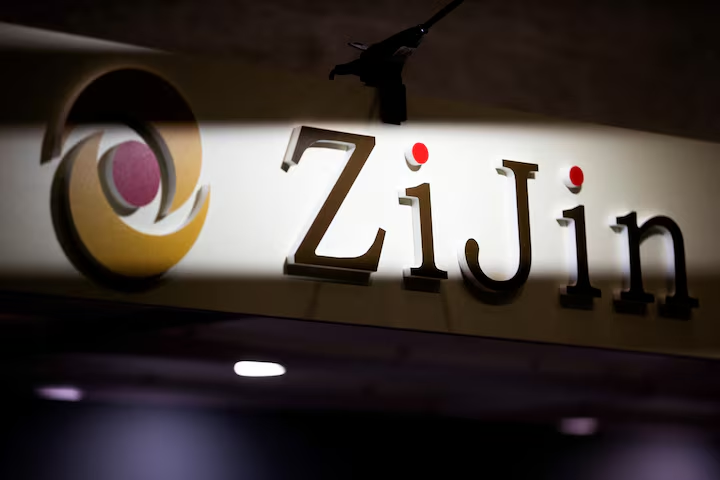Valentino, the high-end fashion designer, has emerged victorious in a legal battle against a textile firm that accused it of copying and failing to pay for copyright-protected designs. Judge Mary Kay Vyskocil of the U.S. District Court for the Southern District of New York granted Valentino’s petition to confirm and enforce the final arbitration award that was previously entered in its favor in Milan in connection with its clash with its longtime textile supplier, Mrinalini. This is one of two currently-pending U.S. cases.
The legal dispute between Valentino and Mrinalini began in 2019 when Mrinalini accused Valentino of misappropriating trade secrets, including proprietary sewing techniques. Valentino initiated a contract-centric arbitration against Mrinalini in Italy in February 2022. While the Milan arbitration was pending, Mrinalini filed a lawsuit in the U.S. District Court for the Southern District of New York, alleging that Valentino employees shared its proprietary stitching techniques with other suppliers without permission. Valentino moved to dismiss Mrinalini’s complaint, but the SDNY compelled arbitration to determine the arbitrability of Mrinalini’s claims. The Milan arbitrator later issued a final arbitration award in favor of Valentino, leading Mrinalini to file an appeal and Valentino to file a lawsuit to enforce the arbitration agreement.
Confirming the Arbitration Award
On February 26, Judge Vyskocil confirmed the final arbitration award in the case of Mrinalini, Inc v. Valentino S.p.A., et al. The court held that Mrinalini failed to provide any grounds for refusing or deferring recognition or enforcement of the award. According to the court, confirming a foreign arbitral award is a summary proceeding that makes a final arbitration award a judgment of the court. Therefore, the review of foreign arbitral awards is extremely deferential to the findings of the arbitration panel.
Mrinalini made several arguments against confirming the award, but the court rejected them all. First, Mrinalini argued that the award contained decisions on issues that were not properly before the arbitrator. However, the court held that the parties had clearly and unmistakably assigned to the arbitrator the question of whether Mrinalini’s claims set out an arbitrable dispute. The arbitrator’s final award was entirely consistent with the court’s determination that the question of arbitrability was one for the arbitrator. Therefore, the court held that the award did not contain decisions on matters beyond the scope of the submission to arbitration.
Second, Mrinalini argued that the final award had not yet become binding on the parties and that the court could deny or adjourn enforcement of the award. However, the court found that Mrinalini had previously filed an appeal challenging the award decision in Italy, but that the Court of Appeals of Milan had dismissed Mrinalini’s petition to suspend the final award. Although a further appeal to the Supreme Court of Cassation would be possible, Mrinalini had submitted nothing to the court to indicate that it has or ever intends to appeal further in the Italian courts. Therefore, the court held that Mrinalini’s argument under Article V(1)(e) was moot.
Finally, Mrinalini pointed to Article V(1)(b), which provides that confirmation may be denied if the party against whom the award is invoked was not given proper notice of the appointment of the arbitrator or of the arbitration proceedings or was otherwise unable to present his case. However, the court held that Mrinalini was represented by both Italian and U.S. counsel and made several appearances, both in-person and remotely, in connection with the parties’ clash. Therefore, the court could not find that Mrinalini was unable to present its case in violation of Article V(1)(b) and instead was provided ample opportunity to present its evidence and arguments.
In light of the above, the court granted Valentino’s petition and subsequent motion to confirm and enforce the final arbitration award (but not its request for attorneys’ fees) and closed the case. The parties’ other case before the SDNY is still underway, albeit it has been stayed since the court compelled arbitration in March.








